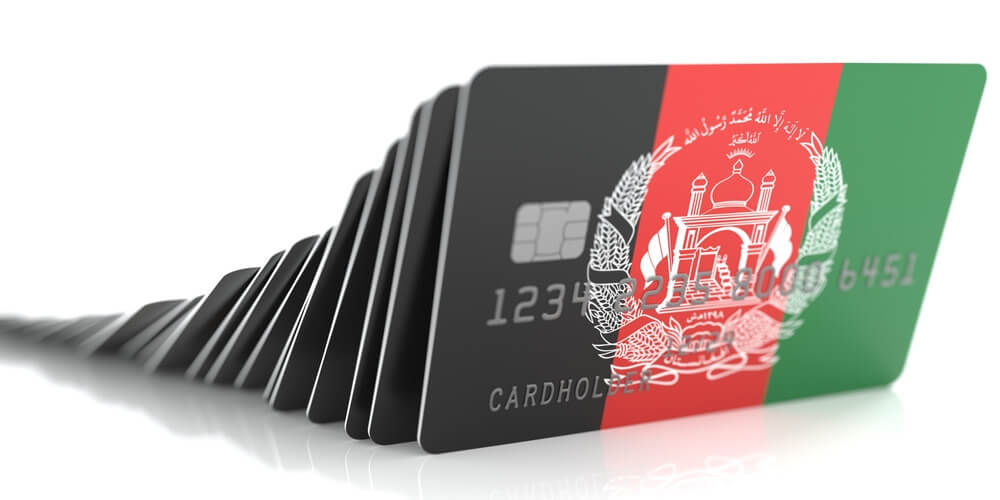Newswrap: Islamic finance
Afghanistan to implement Islamic banking system; 2027 “very ambitious” for Pakistan’s banking sector to go fully Islamic; UAE’s ADIB sees surge in digital banking channels usage; Bahrain's Al Salam Bank launches financial learning academy.
Afghanistan to implement Islamic banking system
Da Afghanistan Bank (DAB), the central bank, announced it is planning to implement an Islamic banking system. “The implementation of the Islamic banking system will be a long process and it is being enforced in many foreign countries. It will come into effect gradually in Afghanistan as well," said Sabir Momand, the spokesman of DAB, to TOLO News.
In March, news emerged that DAB had established a committee to review and amend the Central Bank Law and the Banking Law of Afghanistan. A seven-member committee is to amend the legal framework of the central bank with a Sharia-compliant framework and end the conventional banking sector. The country’s conventional banks have Islamic banking windows while the first Islamic bank, the Islamic Bank of Afghanistan, was licenced in 2018. In other news, DAB announced that it has received nearly $900 million in humanitarian aid.
2027 “very ambitious” for Pakistan’s banking sector to go fully Islamic
In late April, Pakistan’s Federal Shariat Court issued a directive that the entire banking sector would convert to Islamic finance and be riba-free by 2027. But at the World Islamic Finance Forum (WIFF) held in Karachi this week, the Federal Minister for Finance and Revenue, Miftah Ismail, said that more time would be needed. “Five years is a very ambitious timeframe and perhaps will require a little longer,” Ismail is quoted as saying in the Express Tribune. Ismail gave the concluding session at the two-day WIFF conference, which was on the ‘Development of Finance Ecosystem for Global Prosperity’.
Under the five year strategic plan of the State Bank of Pakistan (SBP), the central bank, released in April 2021, a target was set for 30% of total bank assets and deposits to be held by the Islamic financial sector by 2025. “I think there is an effort to convert 35% banking to Islamic banking by next year or so,” said Ismail. “We are working in the right direction. Our speed may be much slower than perhaps is warranted but … Pakistan as a country is moving towards a full implementation of Islamic finance banking system and Riba-free (interest free) banking,” the Business Recorder quoted Mitfah.
A May report by Moody’s Investor Service estimated that Islamic banks hold 19% of total banking assets, at PKR 5,577 billion ($31.2 billion). Moody’s expect annual growth of over 25% over the next five years, enabling the sector to take 30% market share.
UAE’s ADIB sees surge in digital banking channels usage
Abu Dhabi Islamic Bank (ADIB) said it has registered a significant increase in its digital banking channels usage during the first quarter of 2022, according to a press release. Some 40% of customers’ personal finance applications are now taking place digitally on its mobile app, up from 30% in Q1 last year. ADIB currently has over 700,000 customers who are digitally active. In order to meet the increasing demand for services and products that are available through its digital channels, ADIB announced the launch of the ‘Express Finance Cashback Campaign’, which provides customers with the ability to retrieve up to 1000 AED ($272) when applying for personal finance using the mobile app. The campaign, which will run till July 5, 2022, includes up to two installment postponements every year with a first installment payment grace period of up to 120 days.
Bahrain's Al Salam Bank launches financial learning academy
Bahrain's Al Salam Bank has announced the launch of an employee training programme, Al Salam Bahrain Financial Learning Academy, reported TradeArabia. The programme is to be in partnership with Sudanese financial institutions, and under the guidance of the Bahrain Institute of Banking and Finance (BIBF). The programme will also include the standards of the Accounting and Auditing Organisation for Islamic Financial Institutions (AAOIFI).
